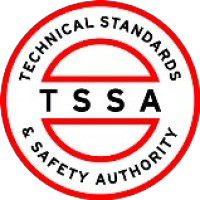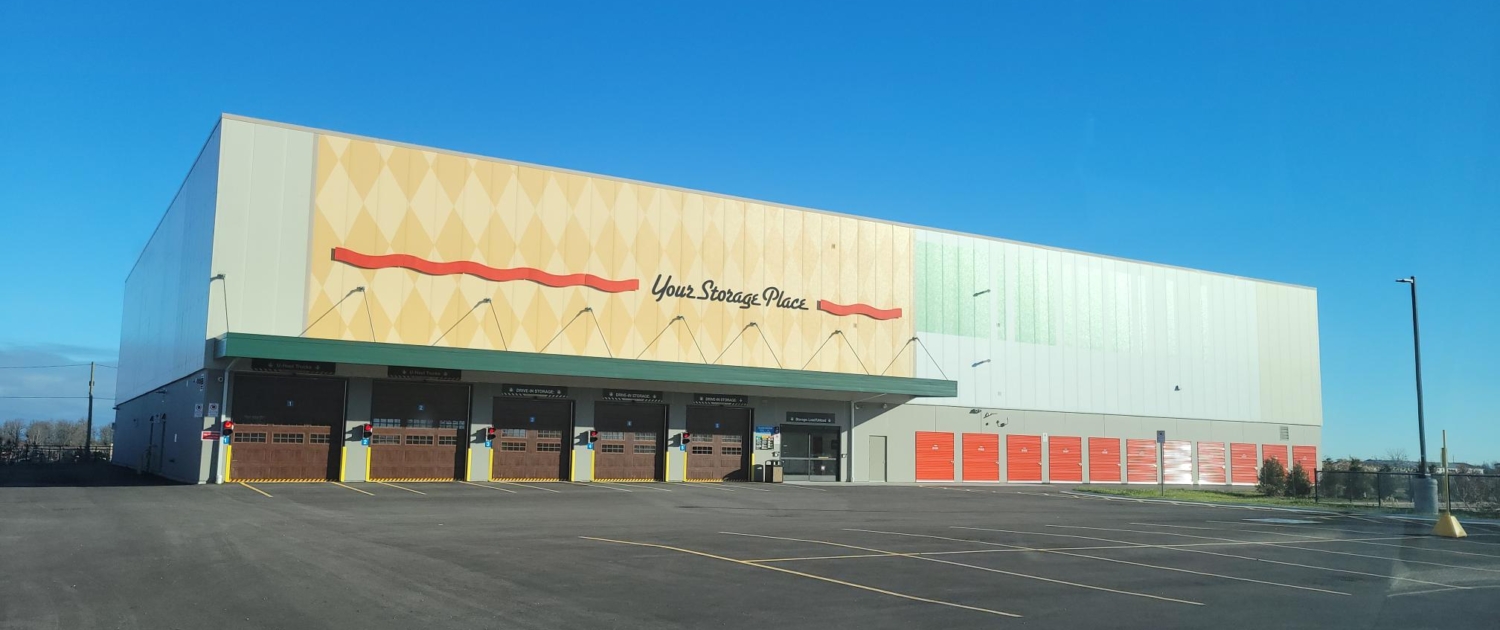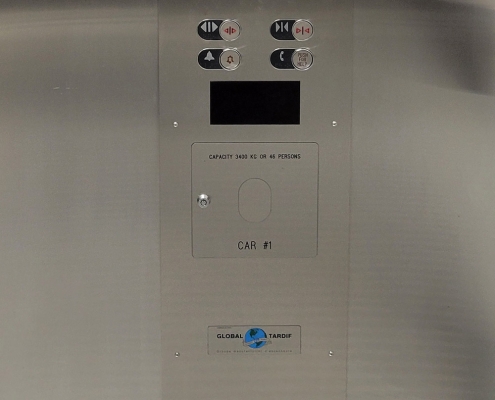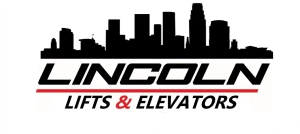Qualified Elevator Service Professionals Capable of Custom Work
The mechanics at Lincoln Lifts and Elevators hold Elevating Device Mechanic qualifications certified by the Technical Standards and Safety Authority (TSSA) – Our TSSA registration #396899.
We fuse our passion for elevators and lifts with customer service and expert knowledge to provide safe, reliable and quality results. It’s easy to get great service from Lincoln Lifts and Elevators.





